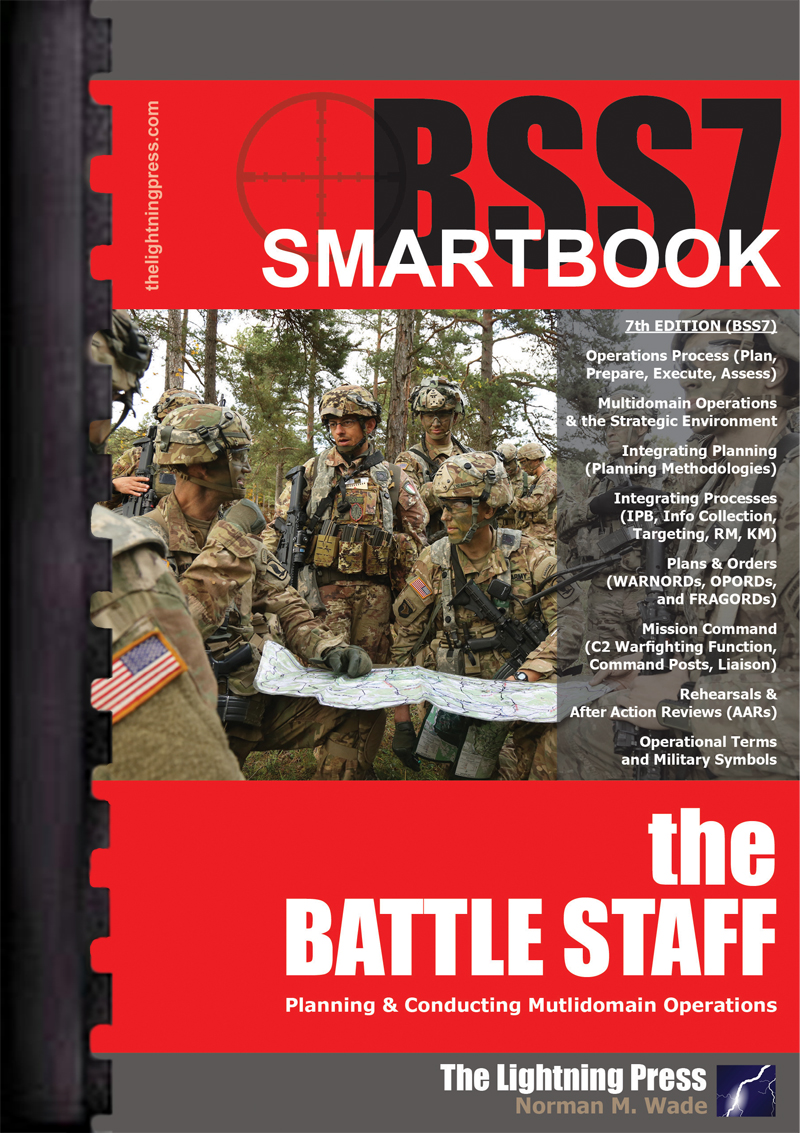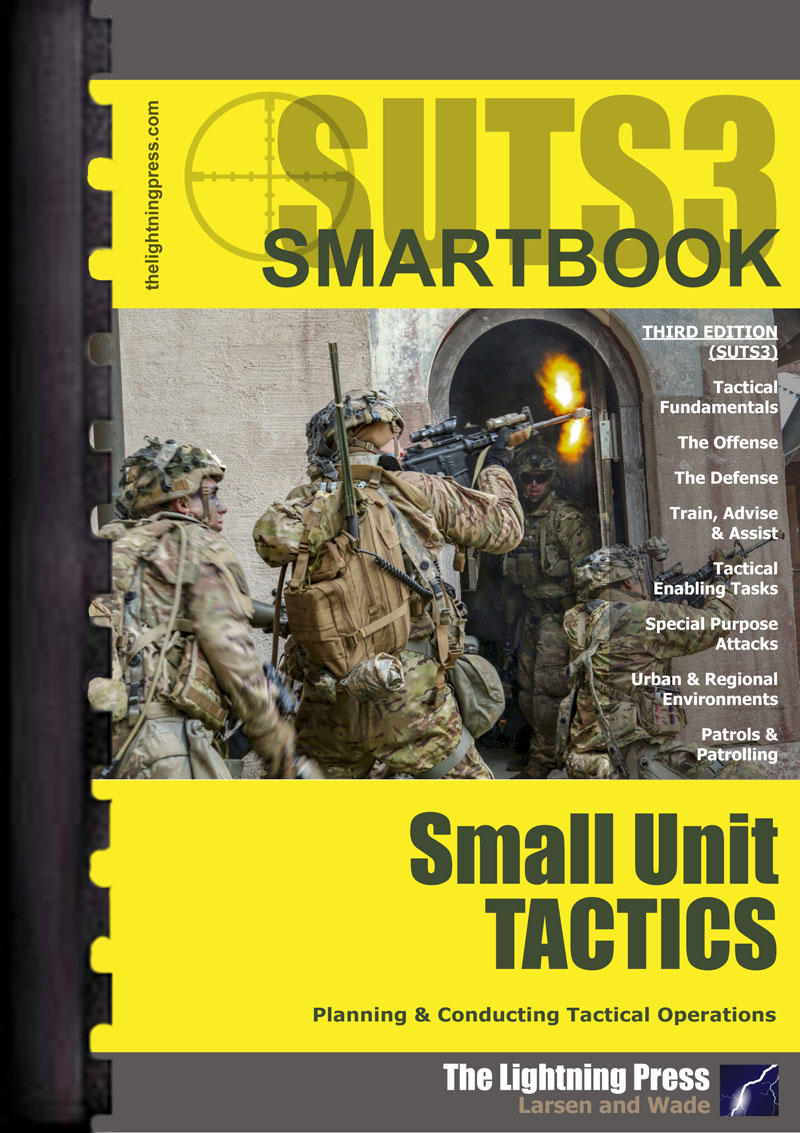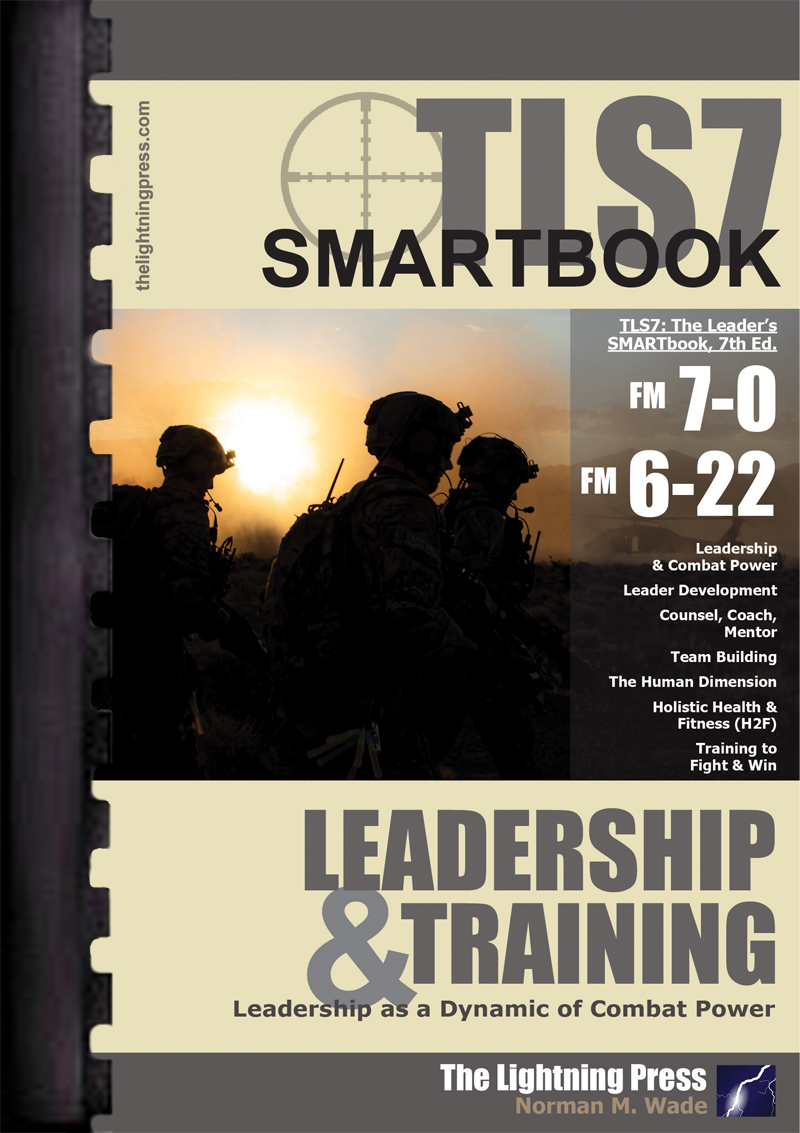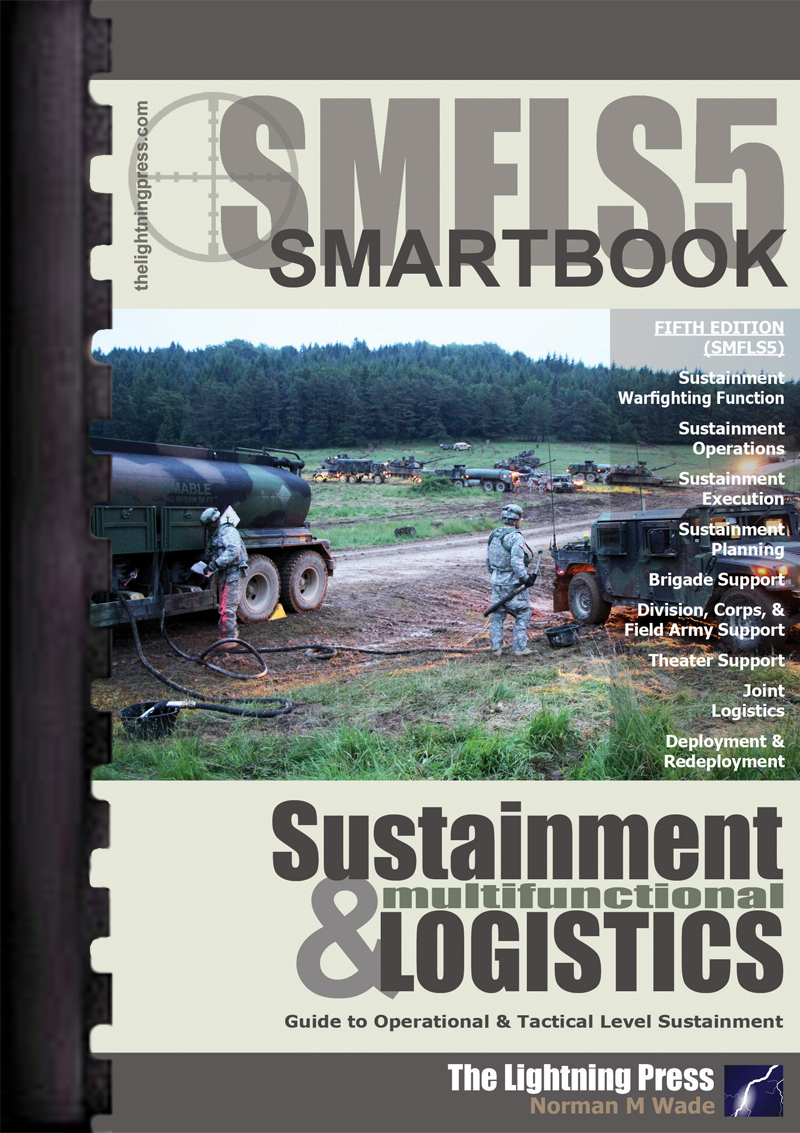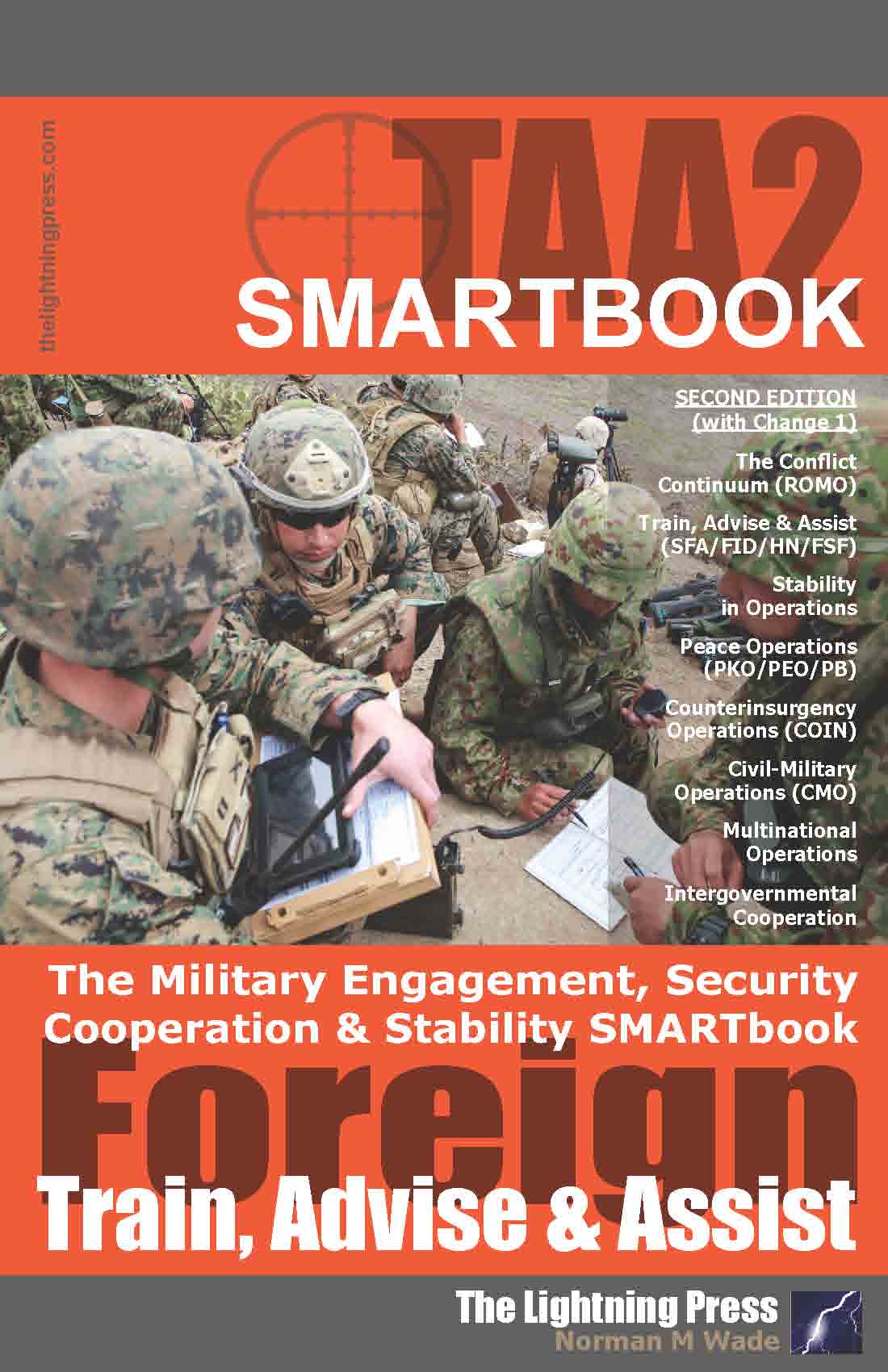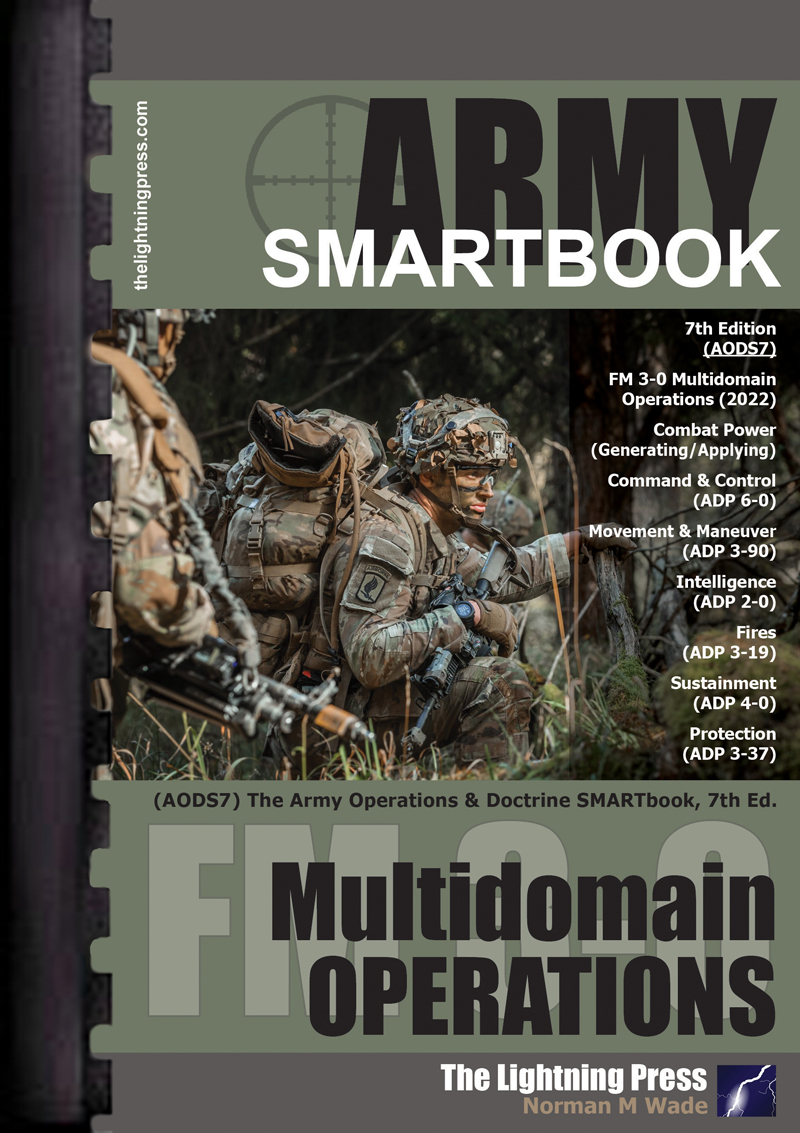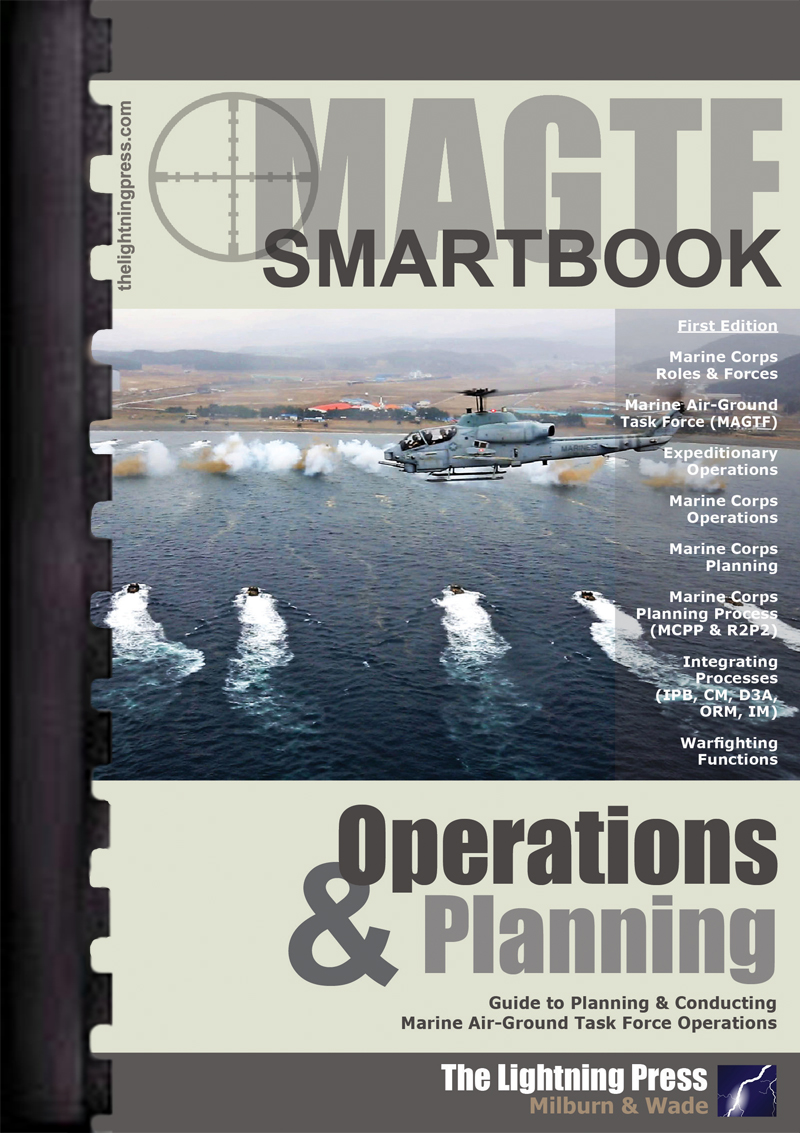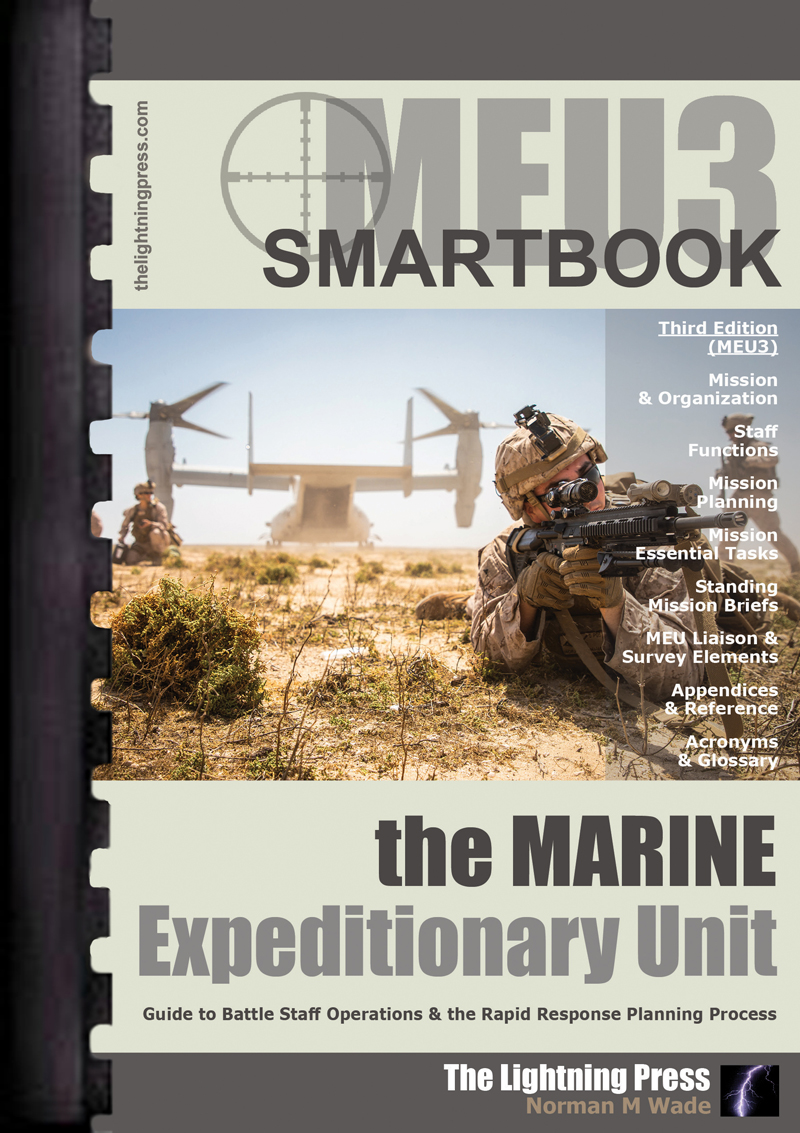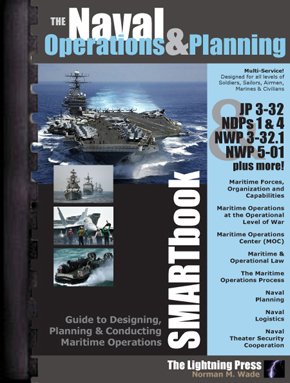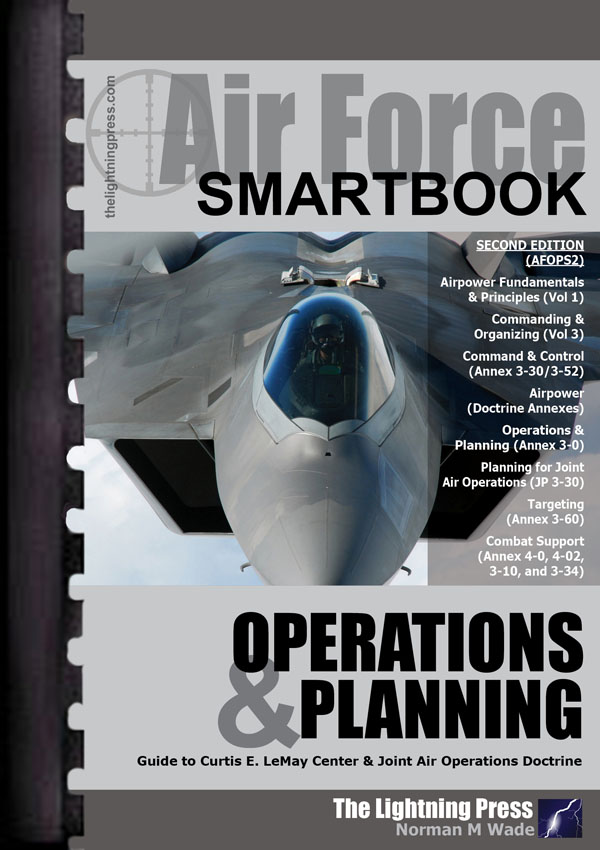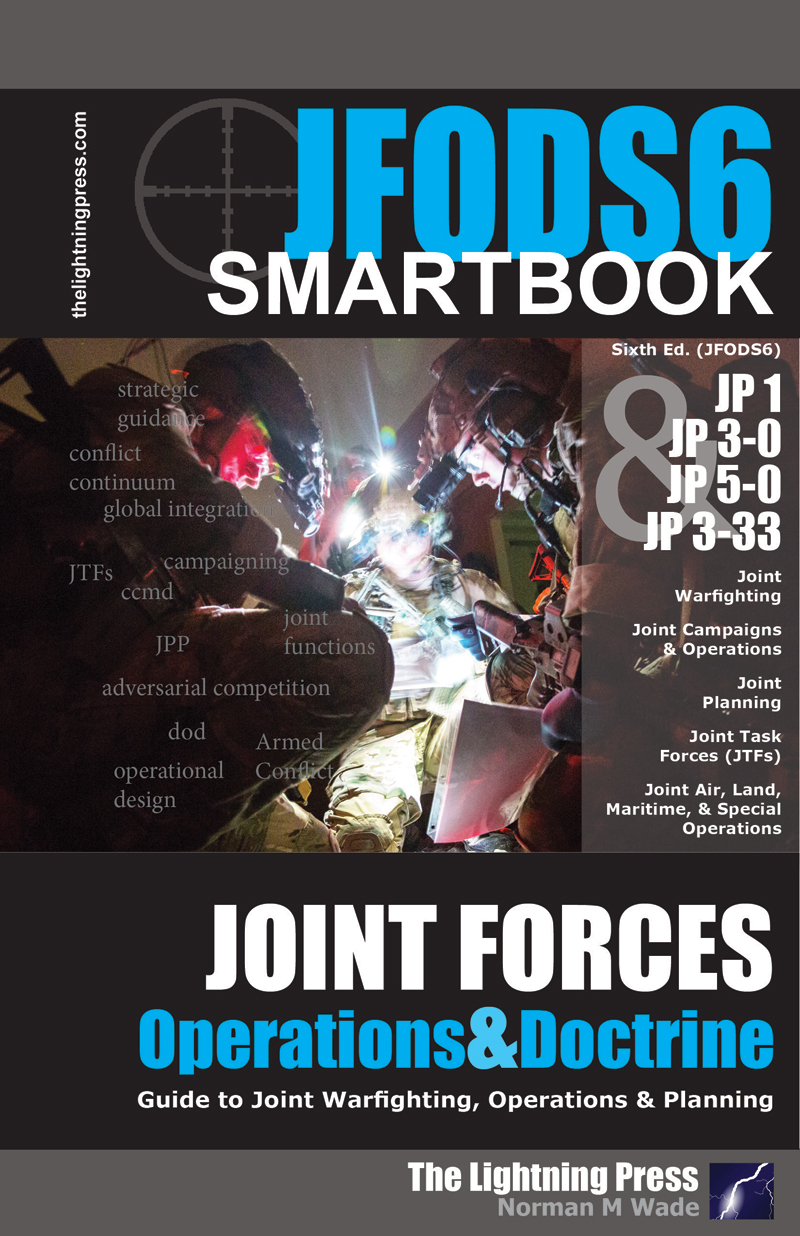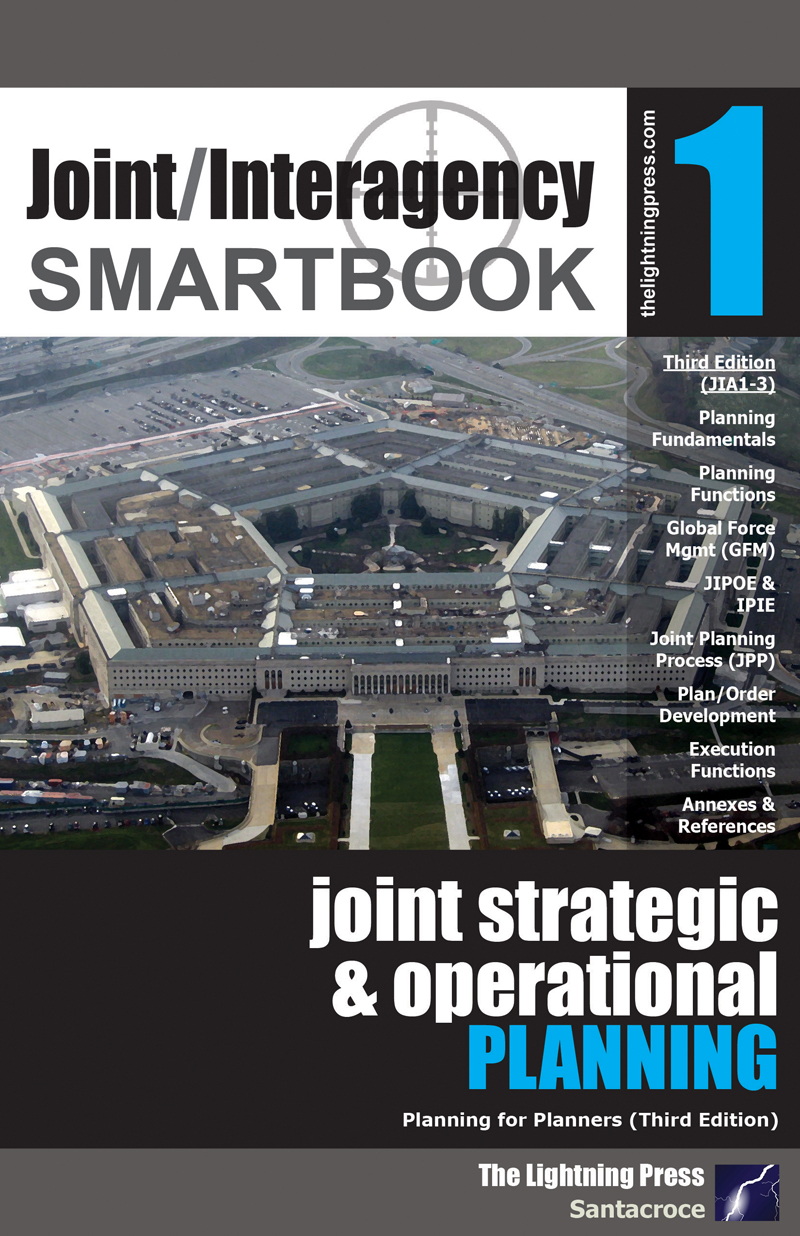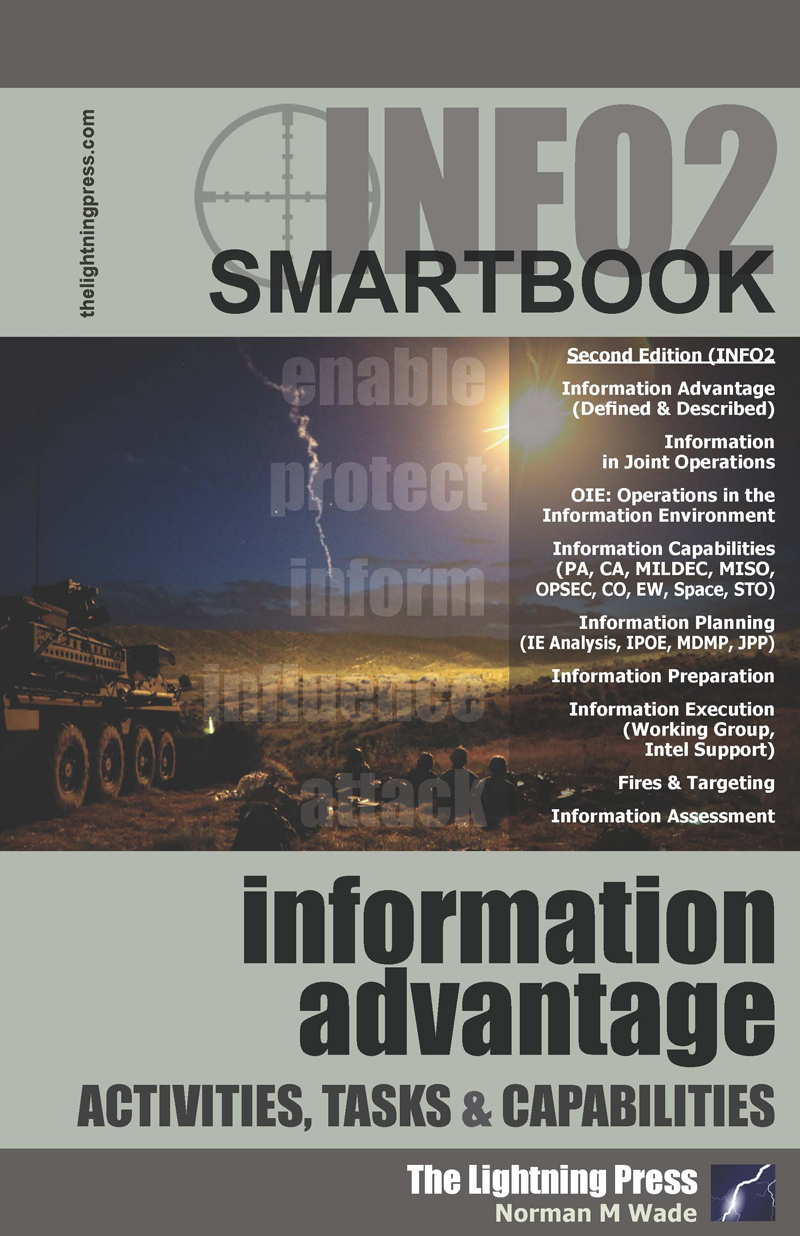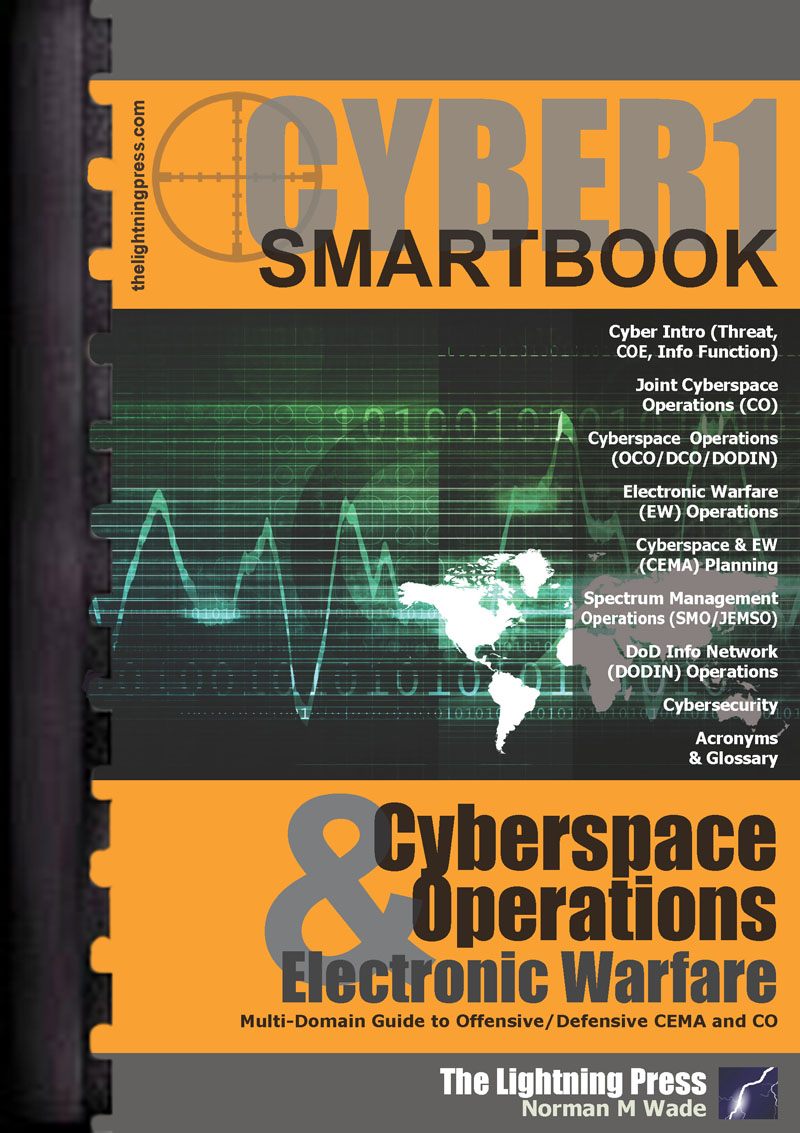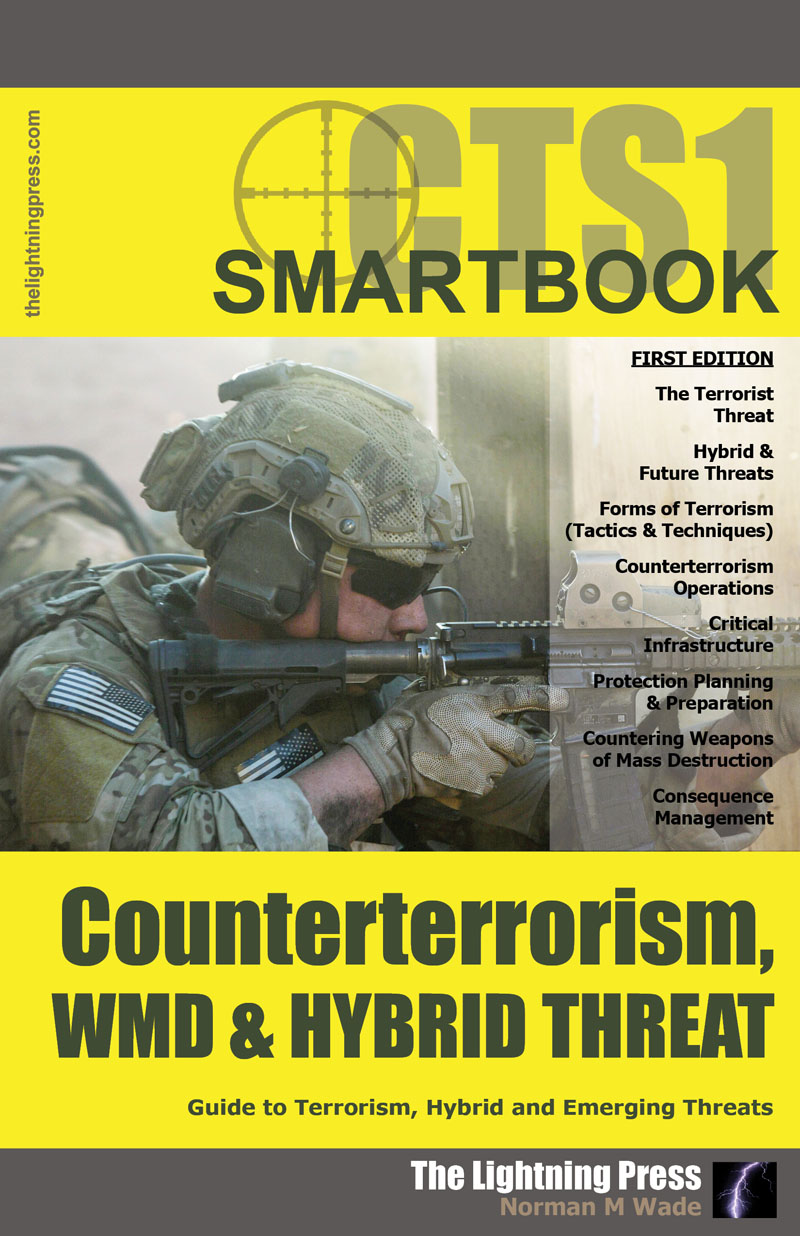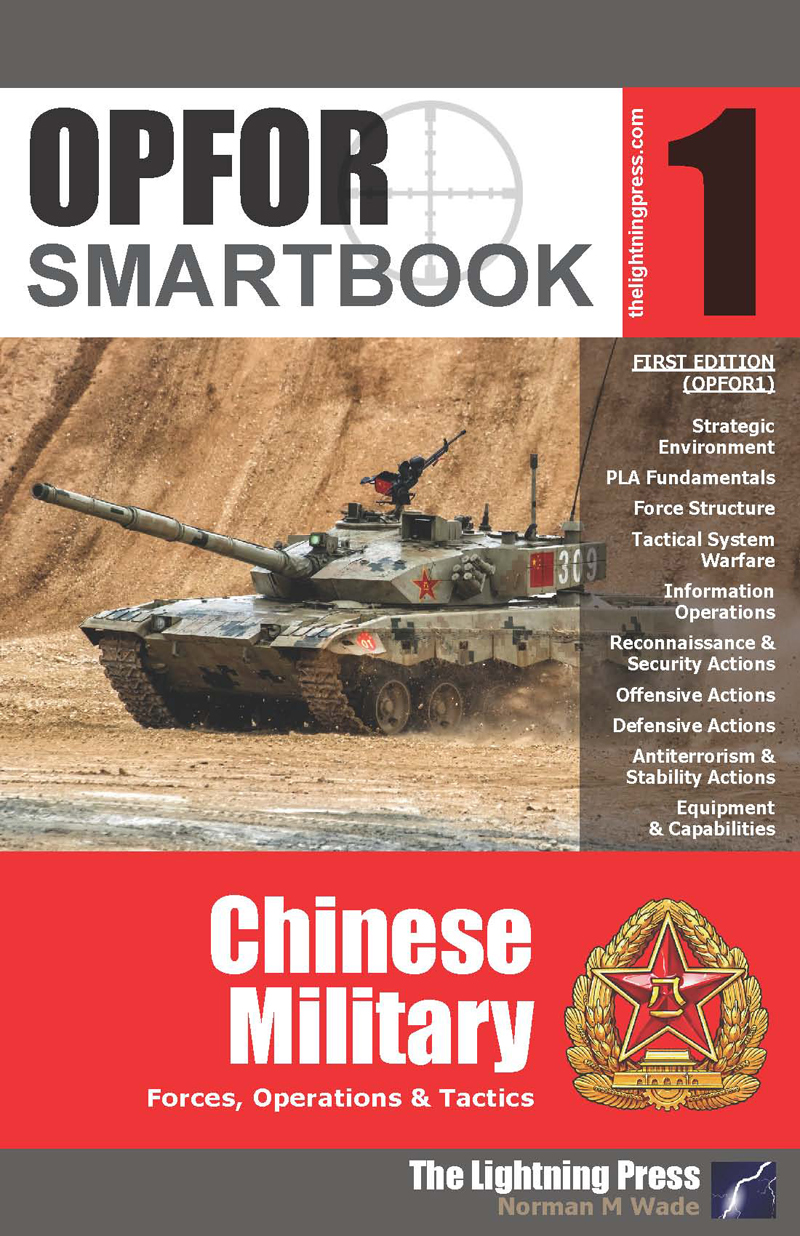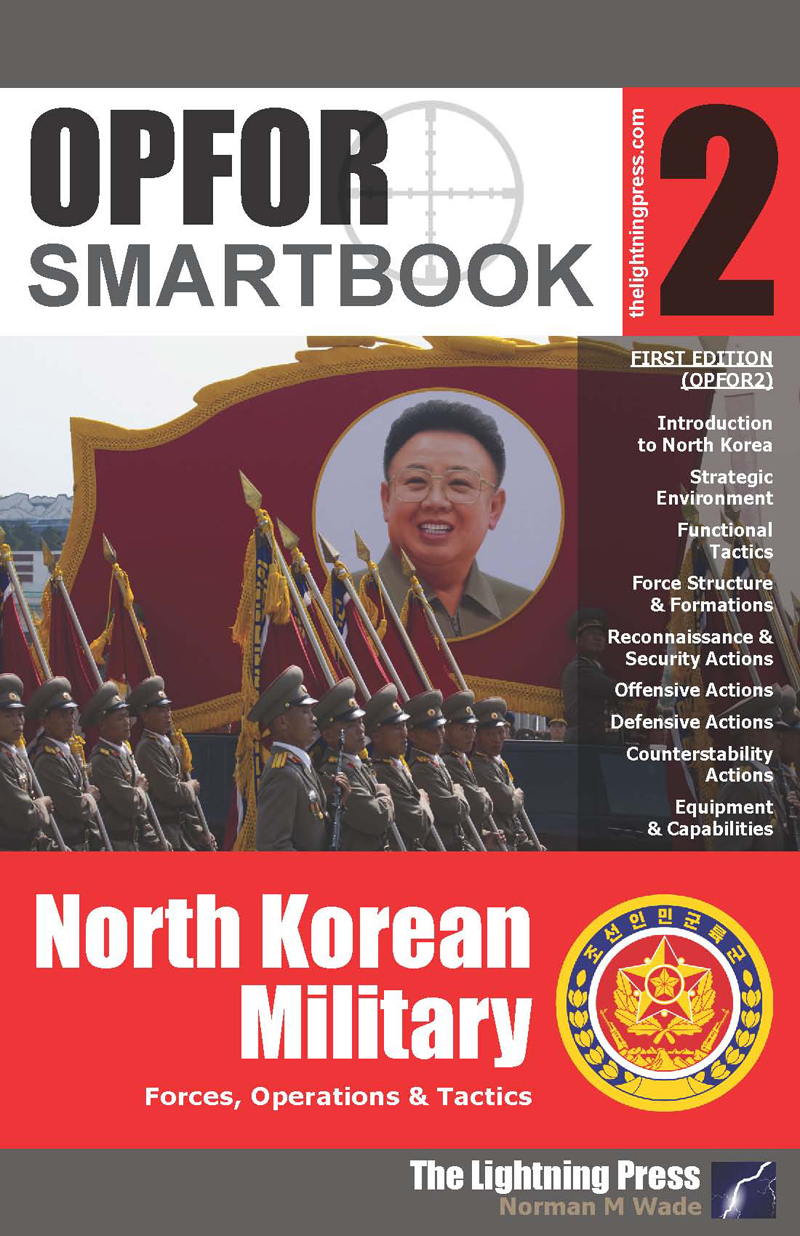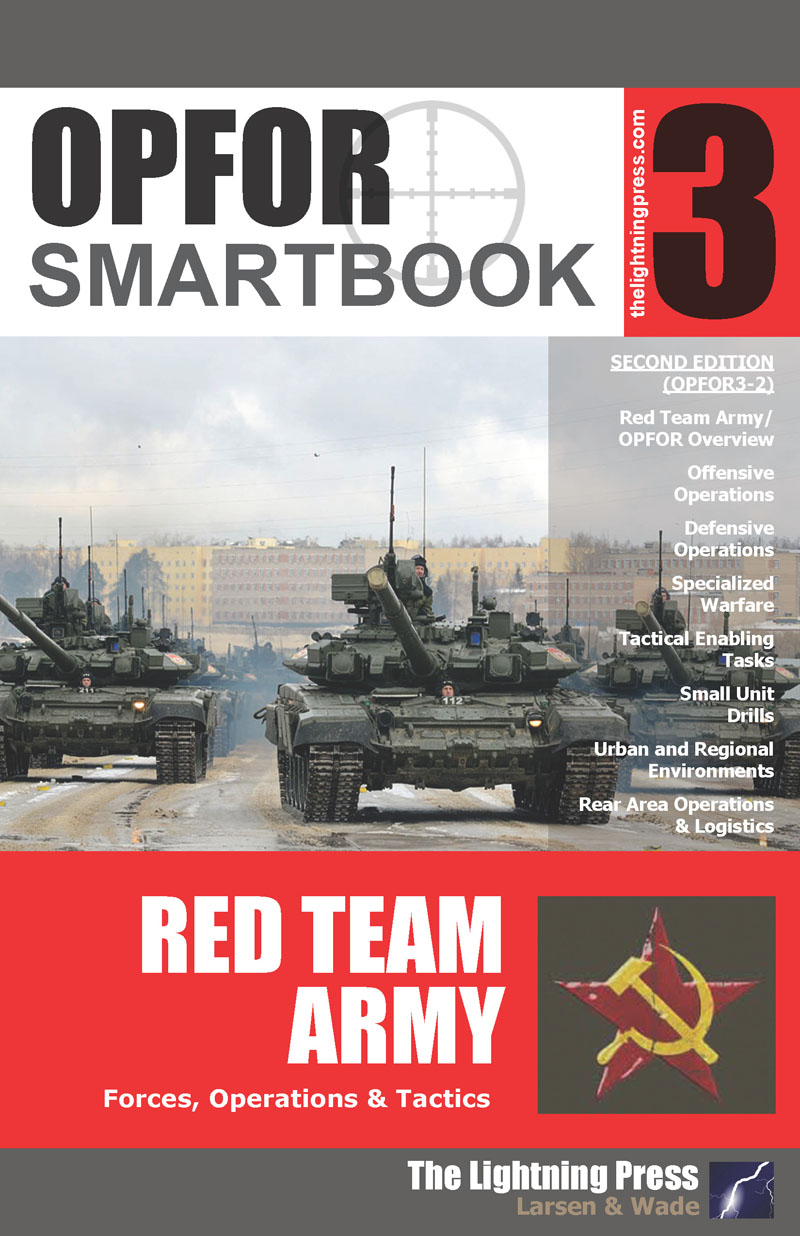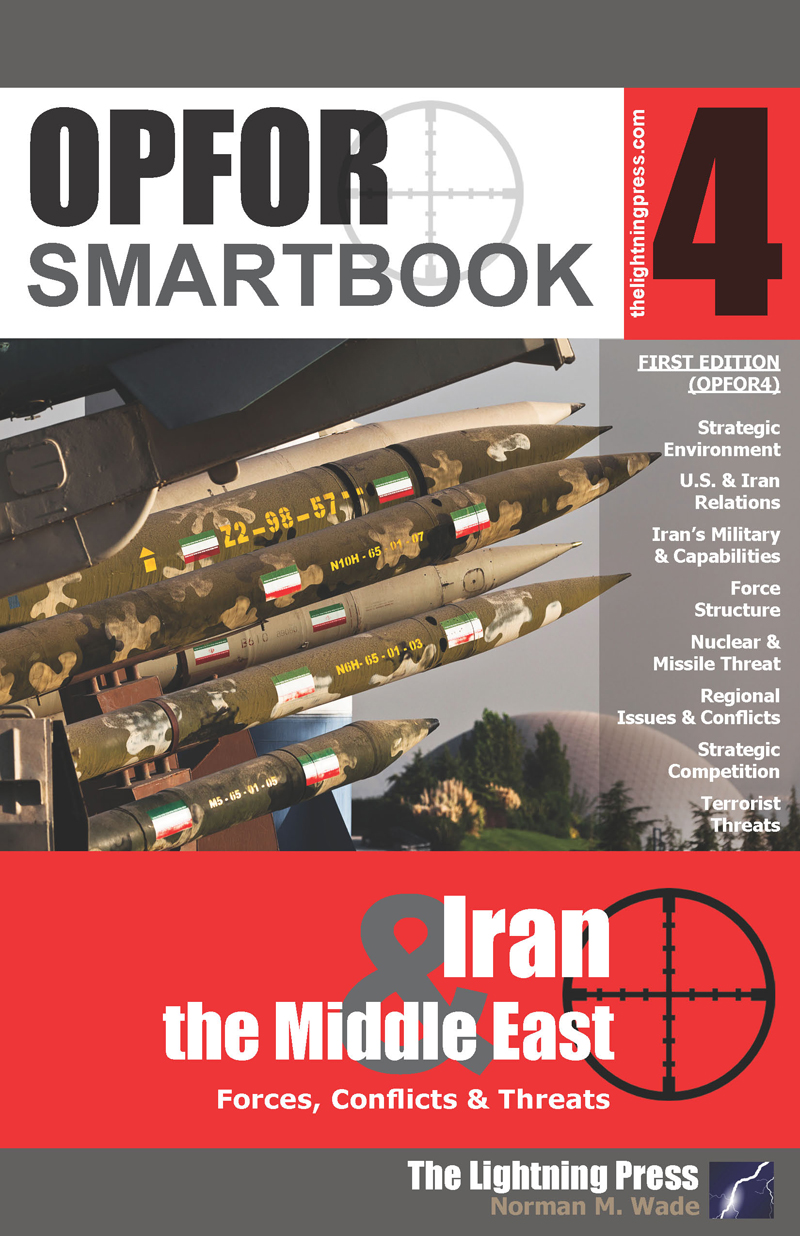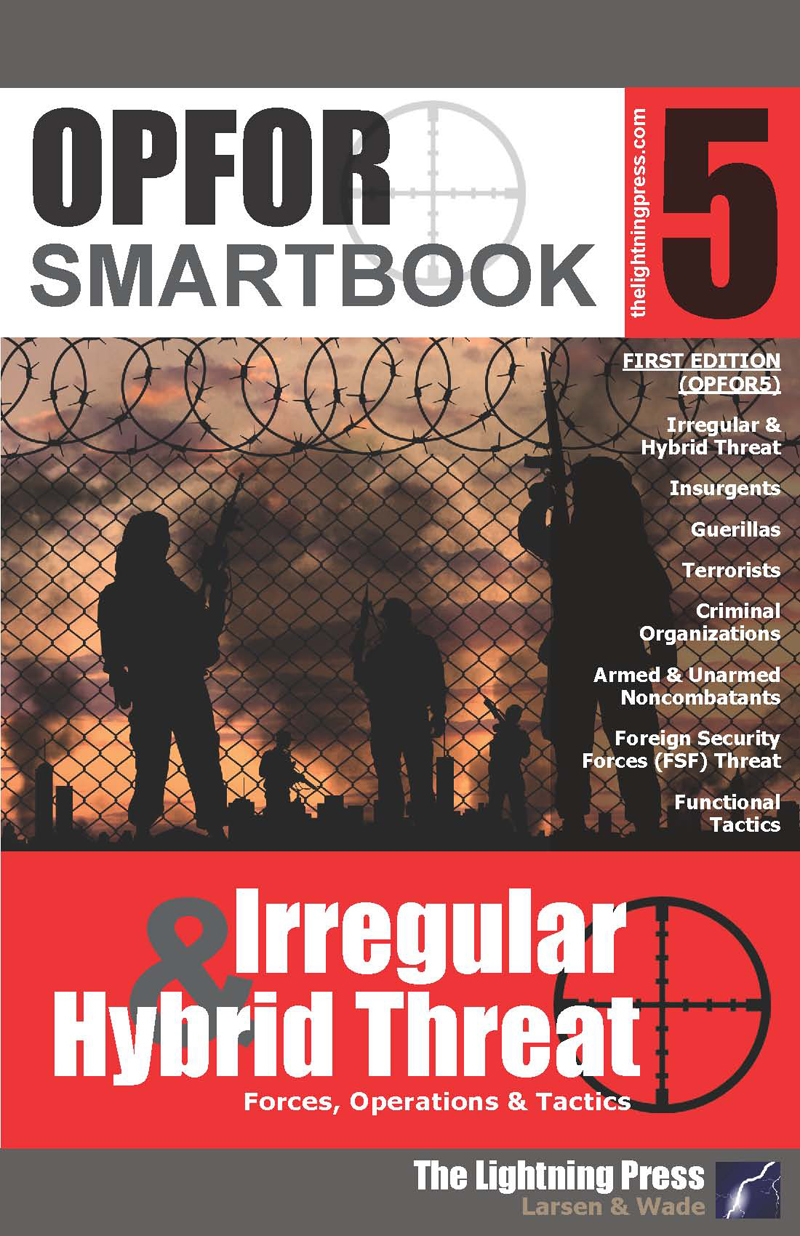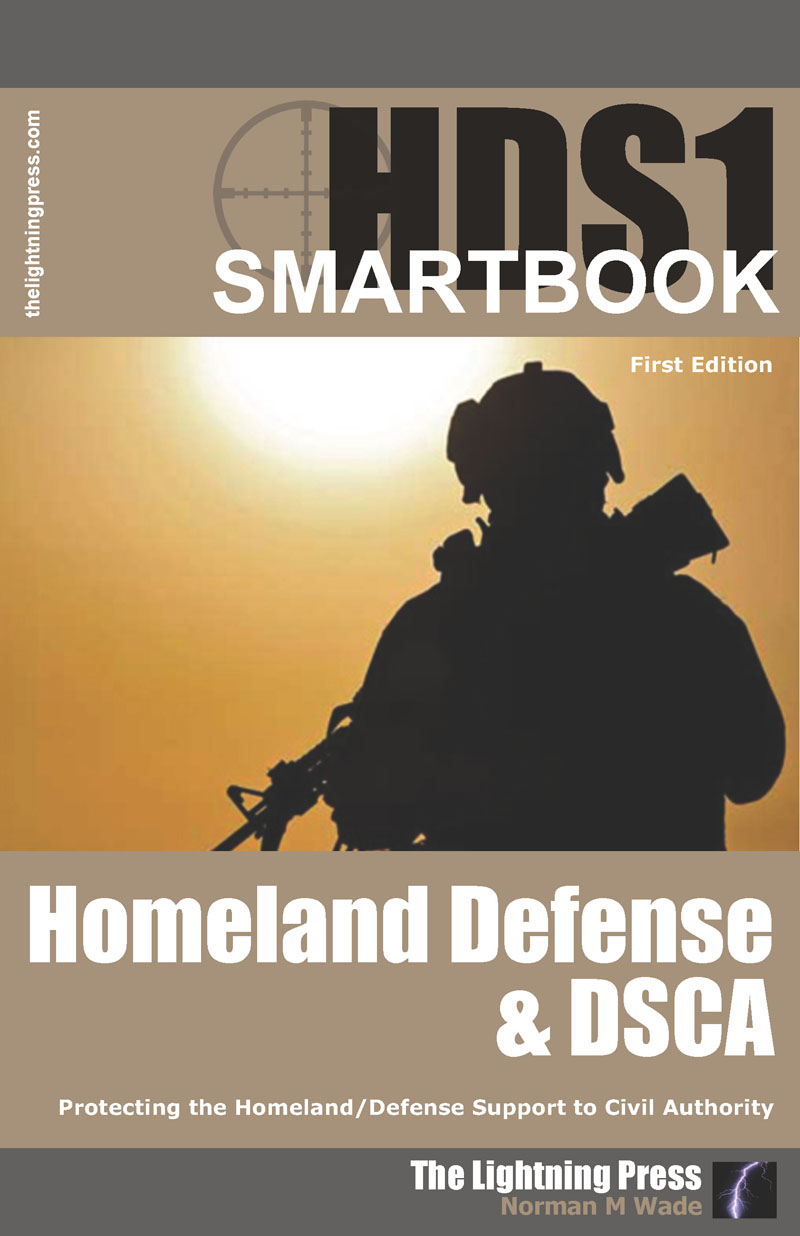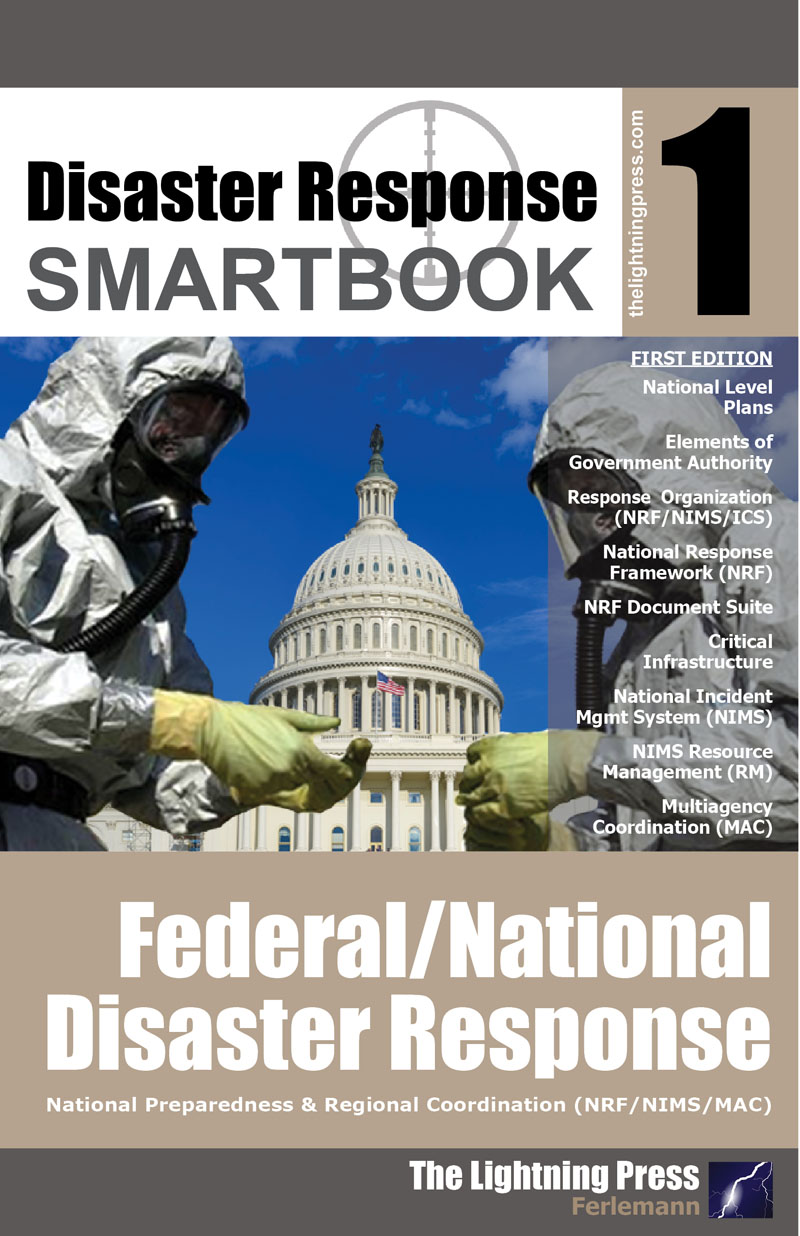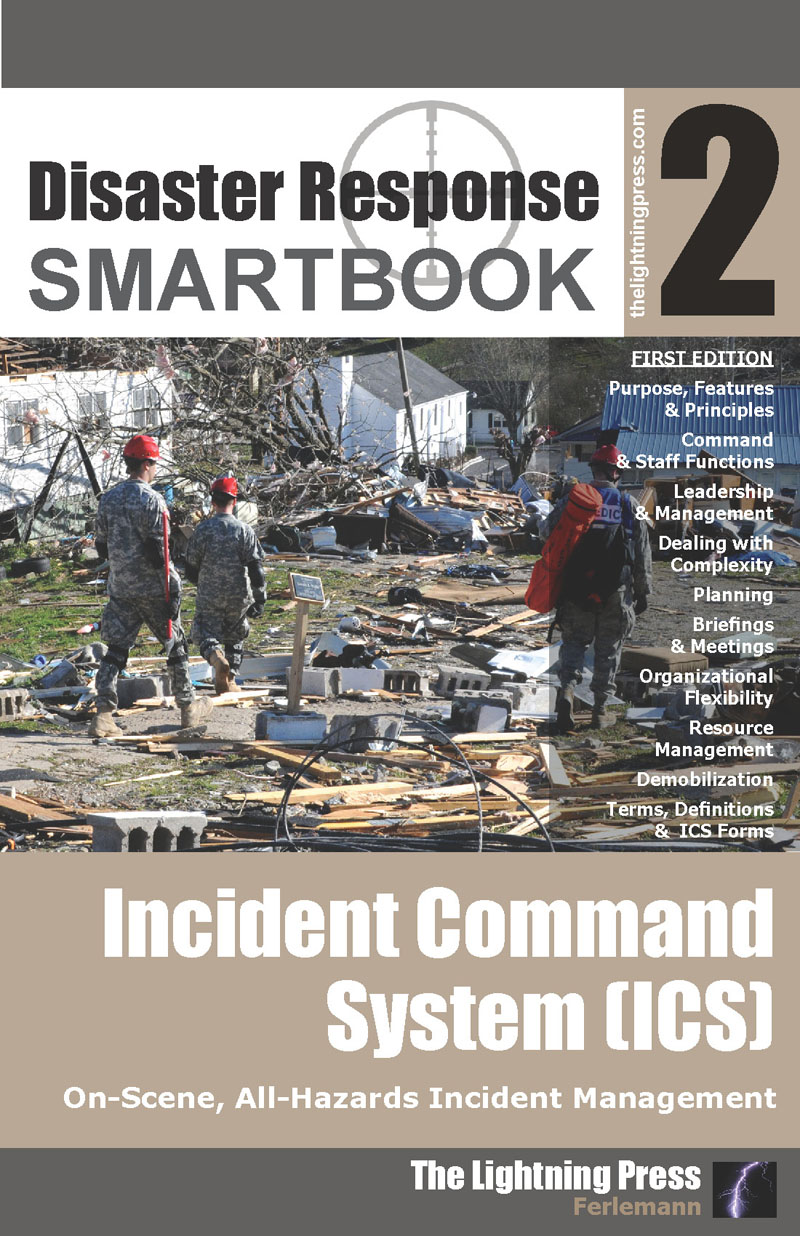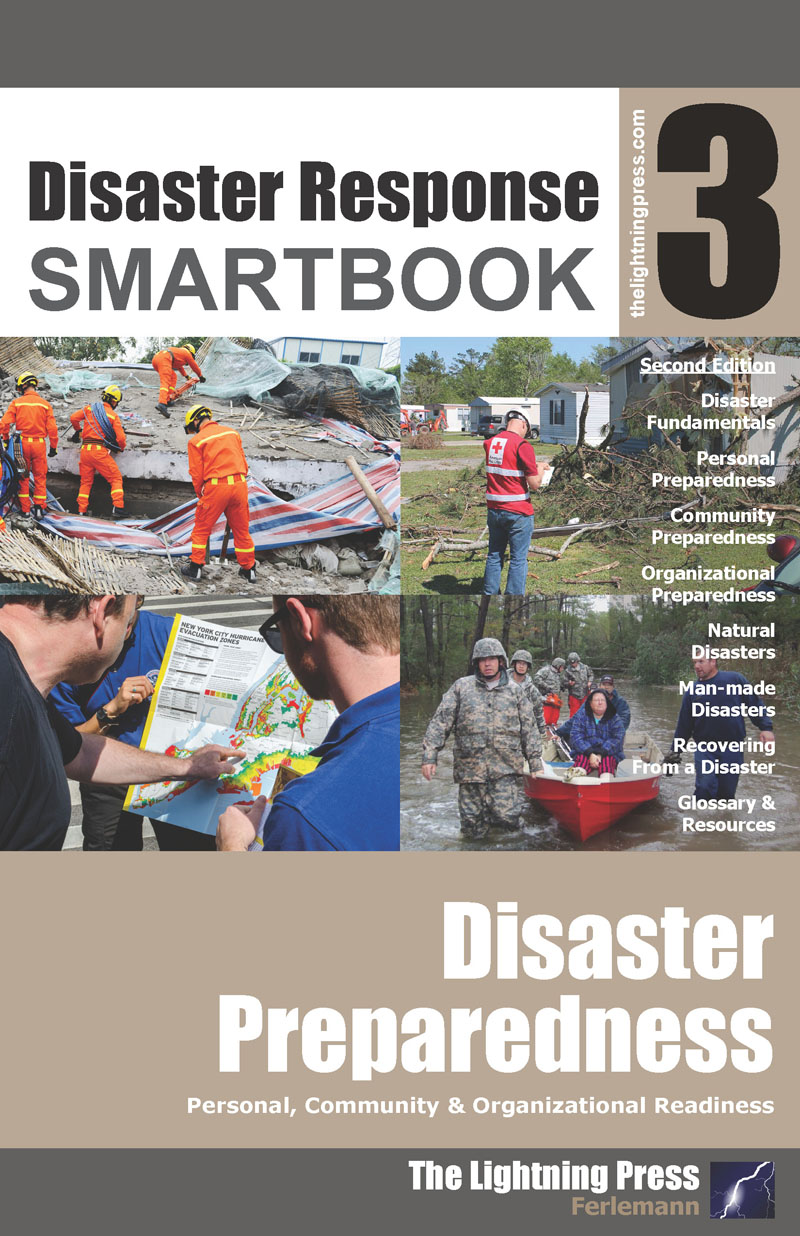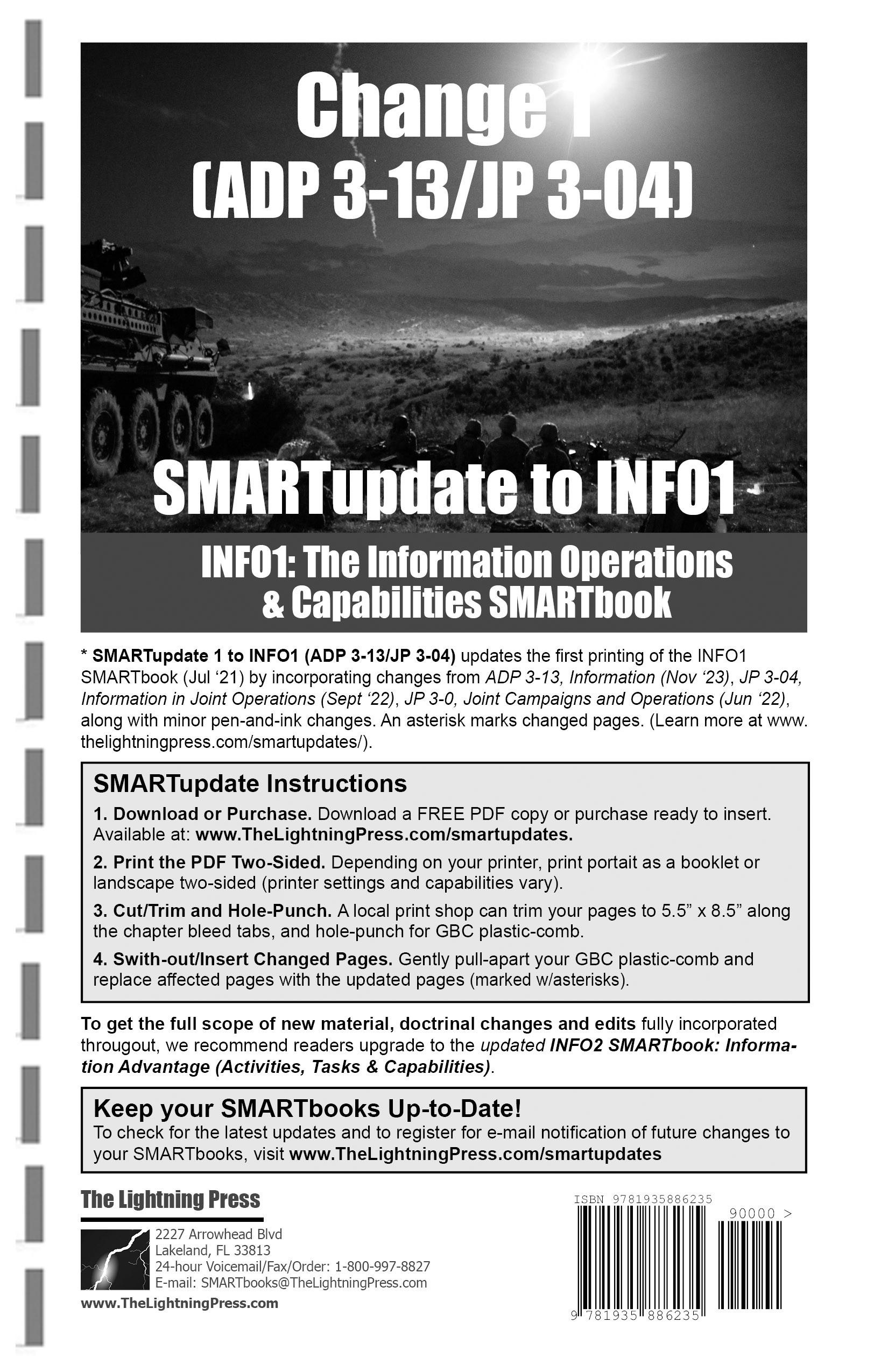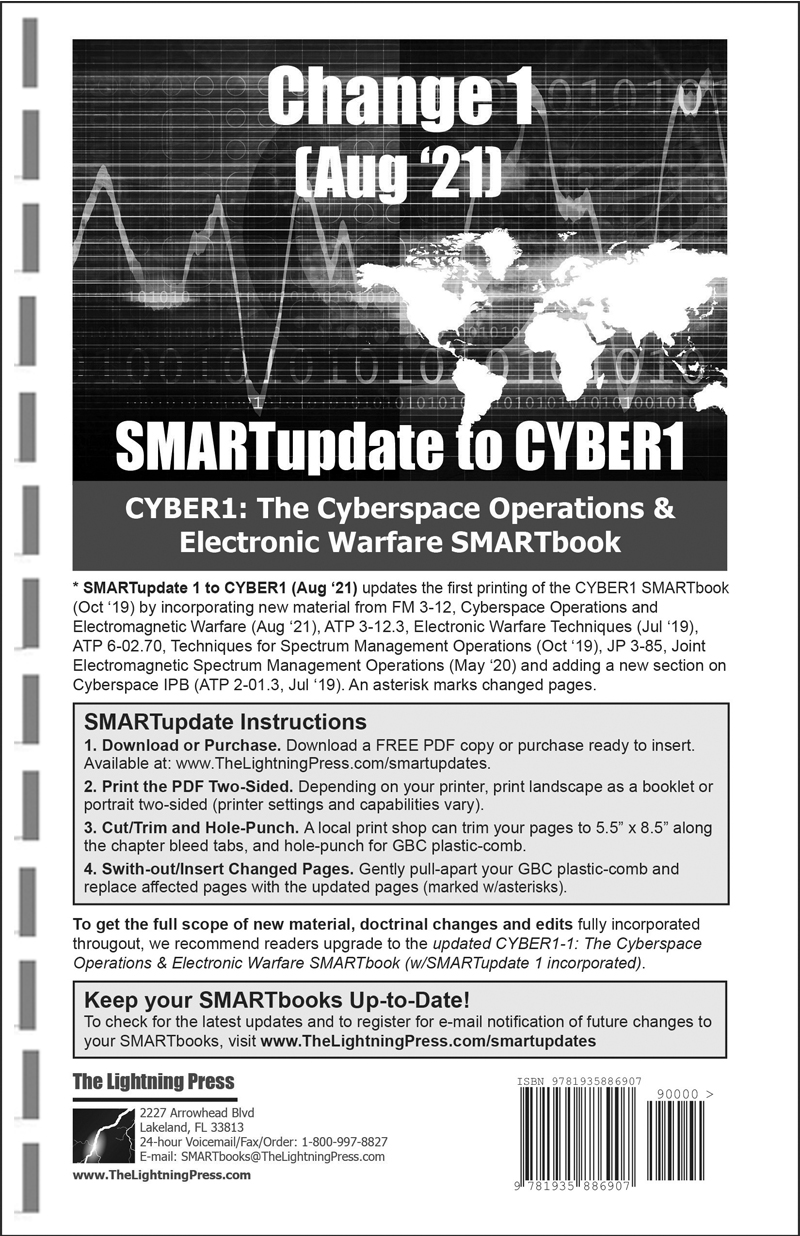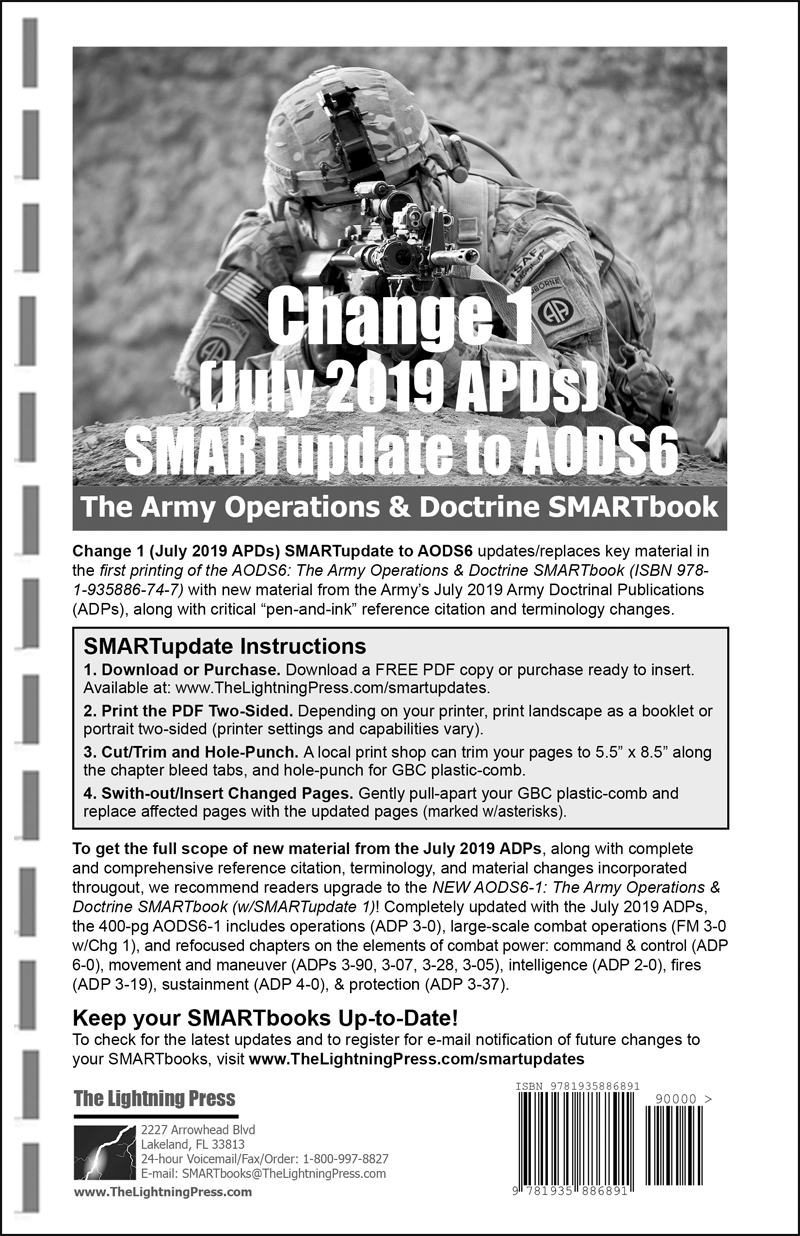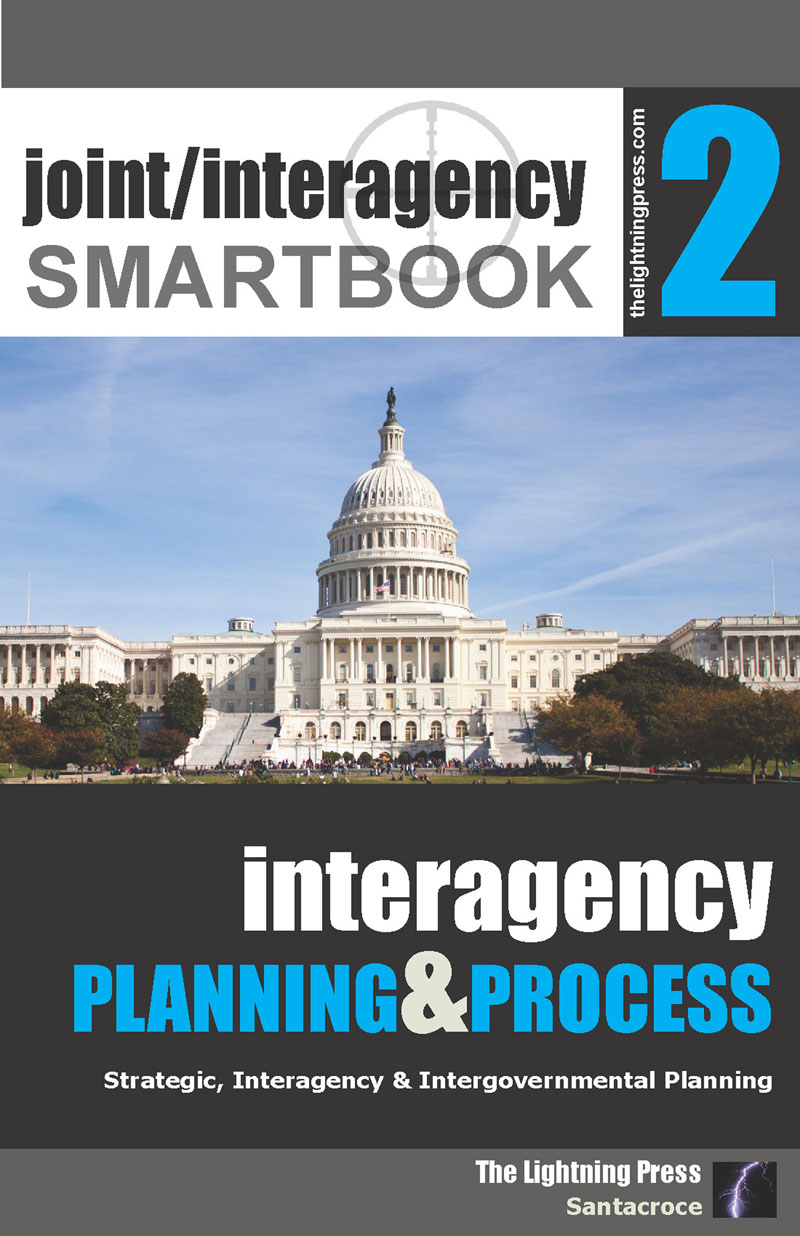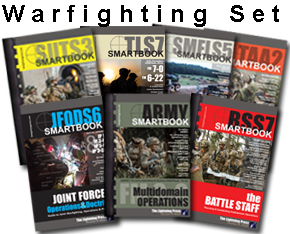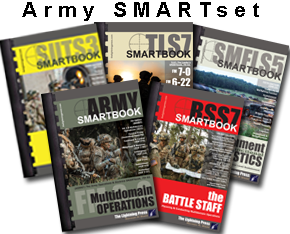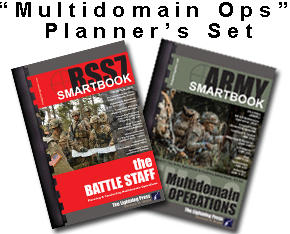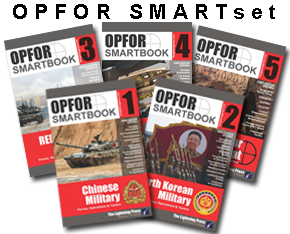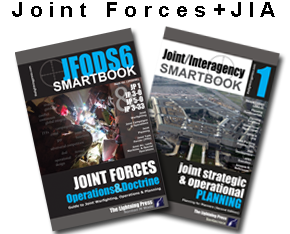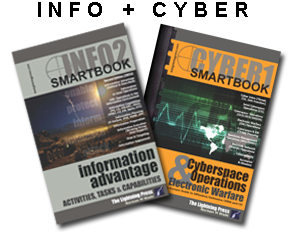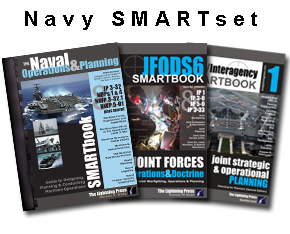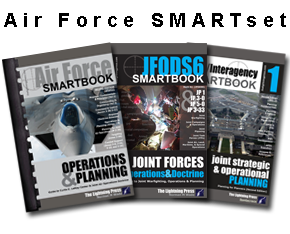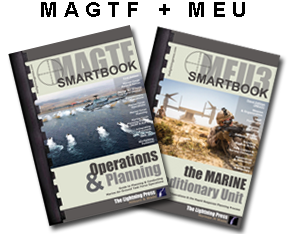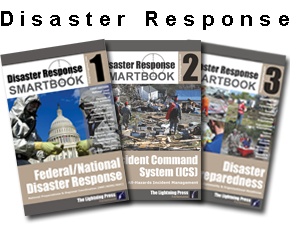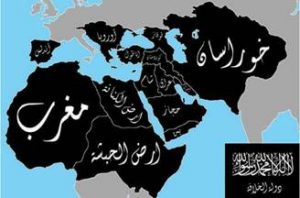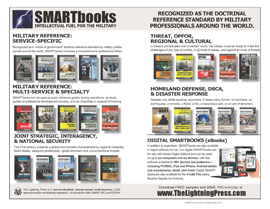A number of resources are available to assess the current terrorist threat. The Combating Terrorism Center at West Point (CTC) is one of them. As an independent, privately funded, research and educational institution situated at West Point, the CTC contributes to the academic body of knowledge and informs counterterrorism policy and strategy.
The Combating Terrorism Center is just one of the many resources found in “CTS1: The Counterterrorism, WMD & Hybrid Threat SMARTbook.” Other resources found in CTS1 include Dept. of State Country Reports on Terrorism and Patterns of Global Terrorism, the National Counterterrorism Center (NCTC), and the Global Terrorism Database (GTD) compiled/maintained by the National Consortium for the Study of Terrorism and Responses to Terrorism (START).
Mission
Situated at the nexus of theory and practice, the Combating Terrorism Center serves as an important national resource that rigorously studies the terrorist threat and provides policy-relevant research while moving the boundaries of academic knowledge. The CTC’s distinguished scholars, international network of experts, and access to senior U.S. government leadership set it apart from any other like enterprise.
A. Counterterrorism Practitioner Education
The Combating Terrorism Center is the largest provider of counterterrorism and countering violent extremism (CVE) education to federal, state, and local government in the United States. From assisting FDNY leadership with an 11 week graduate seminar, to educating every new special agent at the FBI, to providing seminars to the Intelligence Community; the Combating Terrorism Center remains committed to an educational model that promotes interagency, multi-jurisdictional educational events. Since defeating terrorist threats depends on a unity of effort, it is imperative that our programs not only provide relevant information but also strengthen professional networks and collaboration between multiple stakeholders. Partner institutions include:
• FBI-CTC Collaboration
• FDNY Counterterrorism Leadership Program
• Department Of Justice Education
• Department Of Homeland Security Education
B. Research Philosophy & Publications
The Combating Terrorism Center is one of the leading academic institutions devoted to the study of terrorism. The four topical programs outlined below comprise the core of our research agenda, and reflect our understanding of the key contemporary terrorism issues sets facing academics and government officials.Research areas and sample featured publications include:
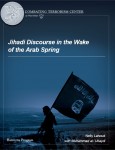 |
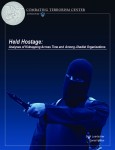 |
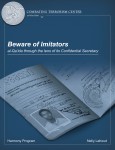 |
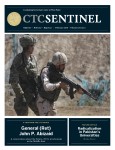 |
• Terrorist Ideology
Understanding the ideological underpinnings of violent groups is crucial to countering and defeating terrorist entities. This research program examines the ideas driving modern terrorism, the transmission of those ideas, and the doctrinal schisms within violent movements.
• Terrorist Strategy And Structure
The landscape of terrorist actors and the strategies they employ are consistently evolving. The strategy and structure program examines the actors, organizational platforms, and violent methods that terrorists use in pursuit of their goals.
• South Asia
South Asia faces unique and complex challenges stemming from growing anti-Western sentiment, nuclear armed regional rivals, and a complex blend of militant actors. This research program contextualizes the nature of the terrorist threat emanating from and developing within Pakistan, Afghanistan, India, and Bangladesh.
• Emerging Threats
The Emerging Threats research program informs the academic and policy communities on nascent and underappreciated terrorist threats. This program looks across the phenomenon of terrorism and focuses on the evolution, innovation among existing terrorist actors, and the emergence of new threats.
C. Advising Philosophy & Value
The Center’s advisory mission is to provide unique insights into the terrorism problem set in order to inform policy discussions. Due to the Center’s deep subject matter expertise and independence, the Combating Terrorism Center is consistently called upon to serve as a trusted, independent analytical voice for senior policymakers as well as practitioners in the field. The policy advising portion of the Center’s mission is solely a by-product of the CTC’s focus on rigorous research and education. The Center does not advocate for specific policy positions and provides advice only on matters that are situated within their subject matter expertise.
ISIL, Syria & Iraq Resources
The Combating Center at West Point provides a gateway to resources, research, and analysis produced over the last decade about the Islamic State in Iraq and the Levant (ISIL), also referred to as the Islamic State of Iraq and al Sham (ISIS), the Islamic State (IS) or Da`ish, and its predecessors (al-Tawhid wa-al-Jihad, al-Qa`ida in Mesopotamia (AQI), Majlis Shura al-Mujahidin, Hilf al-Muttayibin and the Islamic State of Iraq (ISI)). Additional CTC research and analysis about factors shaping the conflict in Iraq and Syria is also included. These resources contextualize the development of ISIL. Resources are organized into six categories: major reports, CTC Sentinel articles, CTC Perspectives, CTC commentary about the early development of AQI, declassified primary sources produced by AQI, ISI and other militant groups in Iraq, and media coverage of the CTC’s research. Read more at: https://www.ctc.usma.edu/isil-resources
 This article is an extract from “CTS1: The Counterterrorism, WMD & Hybrid Threat SMARTbook (Guide to Terrorism, Hybrid & Emerging Threats)” by The Lightning Press. Download a free PDF sample and learn more at: CTS1: The Counterterrorism, WMD & Hybrid Threat SMARTbook (Guide to Terrorism, Hybrid & Emerging Threats)“
This article is an extract from “CTS1: The Counterterrorism, WMD & Hybrid Threat SMARTbook (Guide to Terrorism, Hybrid & Emerging Threats)” by The Lightning Press. Download a free PDF sample and learn more at: CTS1: The Counterterrorism, WMD & Hybrid Threat SMARTbook (Guide to Terrorism, Hybrid & Emerging Threats)“
Browse additional military doctrine articles in our SMARTnews Blog & Resource Center.
About The Lightning Press SMARTbooks. Recognized as a “whole of government” doctrinal reference standard by military, national security and government professionals around the world, SMARTbooks comprise a comprehensive professional library. SMARTbooks can be used as quick reference guides during operations, as study guides at education and professional development courses, and as lesson plans and checklists in support of training. Browse our collection of Military Reference SMARTbooks to learn more.

